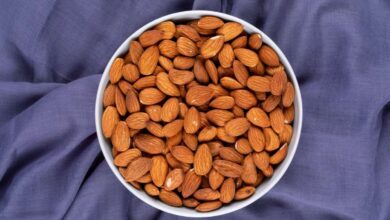Overcoming the Difficulties of Diabetes Management During the Fast of Ramadan
For Muslims worldwide, the holy month of Ramadan is a momentous occasion marked by fasting, prayer, and introspection. Muslims abstain from eating and drinking during their dawn-to-dusk fast. Patients with diabetes who want to fast need to take additional care to manage their condition carefully. The goal of this article is to provide diabetic patients a thorough instruction on how to stay healthy throughout Ramadan.

Pre-Ramadan Health Evaluation and ArrangementsIt is necessary for diabetics to have a medical evaluation done before Ramadan. The kind and length of their diabetes, the drugs they take, and the existence of any complications or comorbidities must all be taken into account during this evaluation.
Medication dosage modifications and early planning are essential. Medical professionals may assist in developing a customized fasting schedule that takes into account each patient’s particular health profile.
Instruction in Self-Assessment and AdministrationA vital component of safe fasting is teaching diabetes patients how important it is to monitor their own health. Patients who regularly check their blood sugar levels might react quickly to any notable changes. To avoid unfavorable outcomes, it is crucial to recognize the warning signs and symptoms of hypo- and hyperglycemia and to know when to break the fast.
Dietary GuidelinesDuring Ramadan, it’s important to maintain a balanced diet, paying special attention to the meals eaten at suhur and iftar. To guarantee a prolonged release of energy, the Suhur meal should include complex carbs such as healthy grains, vegetables, and pulses. To guarantee nutritional balance and restore energy levels, iftar should start with water and dates and be followed by a balanced meal that includes proteins, vital fats, and complex carbs.
Modifications to Treatment and Medication PlansIt could be necessary to modify the kind and timing of anti-diabetic drugs during Ramadan in order to lower the risk of hypo- and hyperglycemia. Drugs like Metformin, which gradually reduce blood sugar levels and have a decreased chance of causing hypoglycemia, may be helpful. It could be necessary to change the dosages and timing of insulins and other medications. It is advised that these modifications be examined by a medical professional prior to the start of the fast.
Hydration TechniquesIt’s critical to drink enough water during the non-fasting hours to avoid being dehydrated during the fast. Patients should emphasize drinking water and stay away from sugar-filled foods.







